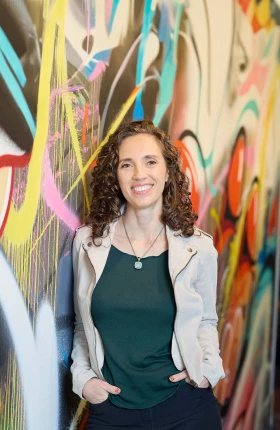Laura Juliano thrives on solving complex challenges. Whether optimizing operations, mentoring future leaders, or driving community impact, she’s always looking for a better way forward.
Leaders in Focus: The People Shaping BCG
Leadership at BCG is driven by more than expertise. It’s fueled by personal passion, resilience, and a deep commitment to impact. This series of spotlights takes a closer look at the people behind the titles, exploring how their unique experiences, values, and ambitions shape their professional successes, drive their commercial wins, and bring lasting contributions to BCG and beyond.
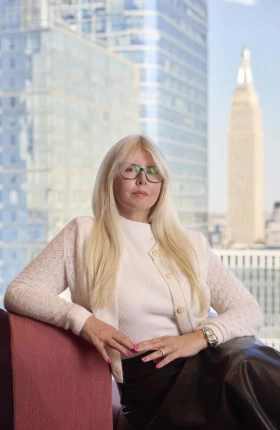
Interview
February 19, 2025
BCG's Christine Barton has learned how to be intentional about her professional journey, becoming a trusted advisor to CEOs while honoring her deep commitment to family.
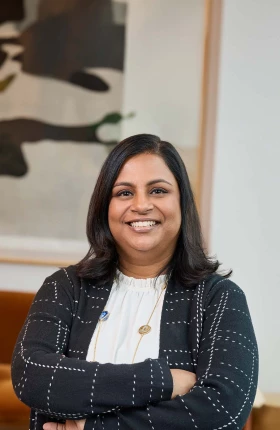
Interview
January 13, 2025
BCG’s Shalini Unnikrishnan has built a career tackling some of the world’s most complex problems, always asking how she can contribute to creating a better world.
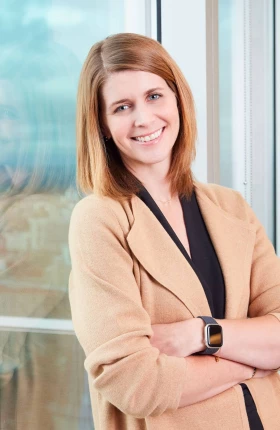
Interview
March 28, 2024
A BCG program for nontraditional job candidates caught Sarah Chamberlain’s attention while she was working on her Ph.D. A decade later, she works on health issues on a global scale.
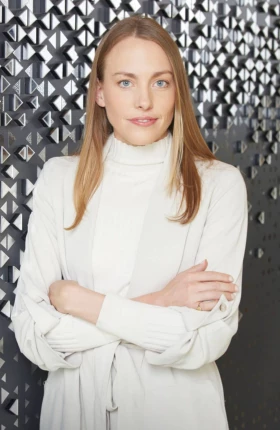
Interview
February 27, 2024
Sam Juraschka’s own health care journey convinced her more had to be done for women’s health. By creating BCG’s InnovateHer team, she built a space for her colleagues to help tackle pressing issues.
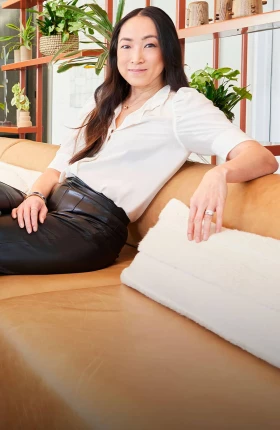
Interview
January 25, 2024
With the encouragement of colleagues and mentors, Emily Kos turned her personal frustrations balancing career and family into BCG research that helped inform White House policy.
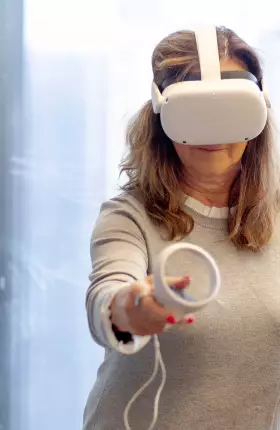
Interview
March 1, 2023
A natural artist, Kristi began her career in architecture at the age of 15. Her love for learning has remained a constant: from researching physical space and the human experience to launching an experience design company all by the age of 40.
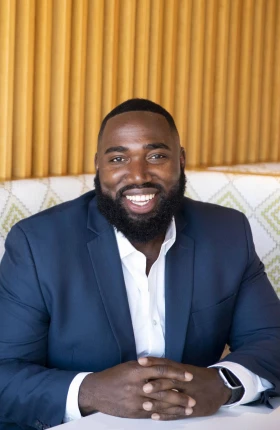
Interview
March 1, 2023
Al, who manages BCG's business services office in Atlanta, gets his energy from the people around him. He brings his enthusiasm, passion for collaboration, and a work ethic he learned from his immigrant parents to the office every day.
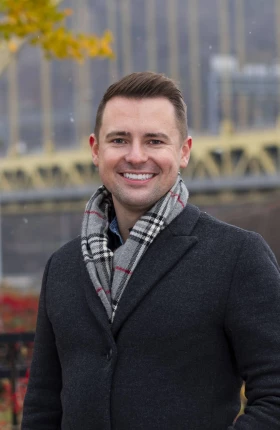
Interview
March 1, 2023
A Pittsburgh native, Corey finds purpose in creating equal opportunities and connections in his hometown and beyond. He is actively looking for ways to create inclusive spaces where people can feel a sense of affiliation and community.
Video
March 13, 2025
Laura Juliano: The Power of Possibility
For Laura Juliano, operations isn’t just about efficiency. By making the most of what organizations already have, she transforms challenges into opportunities and momentum into lasting impact.
Video
February 21, 2025
Christine Barton: Unlocking the Potential of CEOs
By helping to shape the trajectory of BCG’s Consumer practice—and now leading North America’s CEO Advisory program—Christine Barton has developed meaningful relationships with business leaders for decades.
Video
January 10, 2025
Shalini Unnikrishnan: A Passion for Complexity
Whether she’s focused on food and agriculture, global health, or education, Shalini Unnikrishnan's work is complicated and messy—and that’s why she loves it.
BCG in the United States
Explore our office locations and get in touch with our local team.
